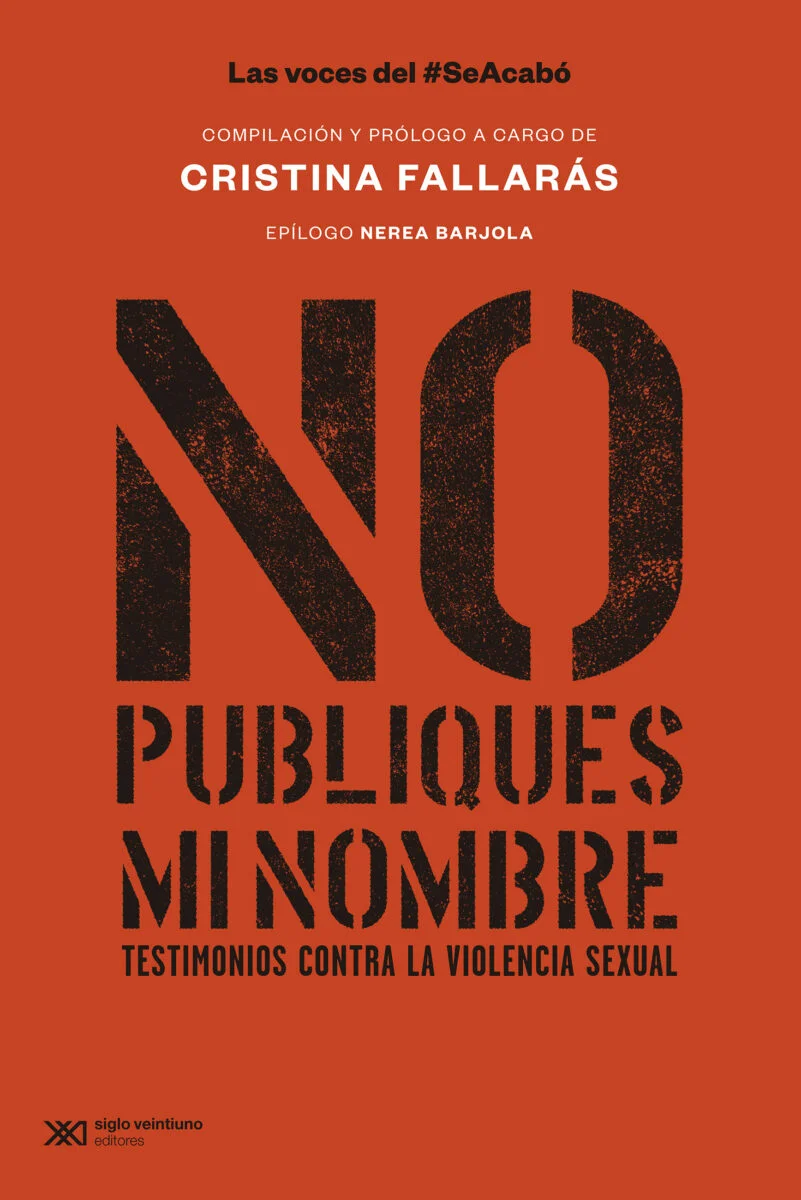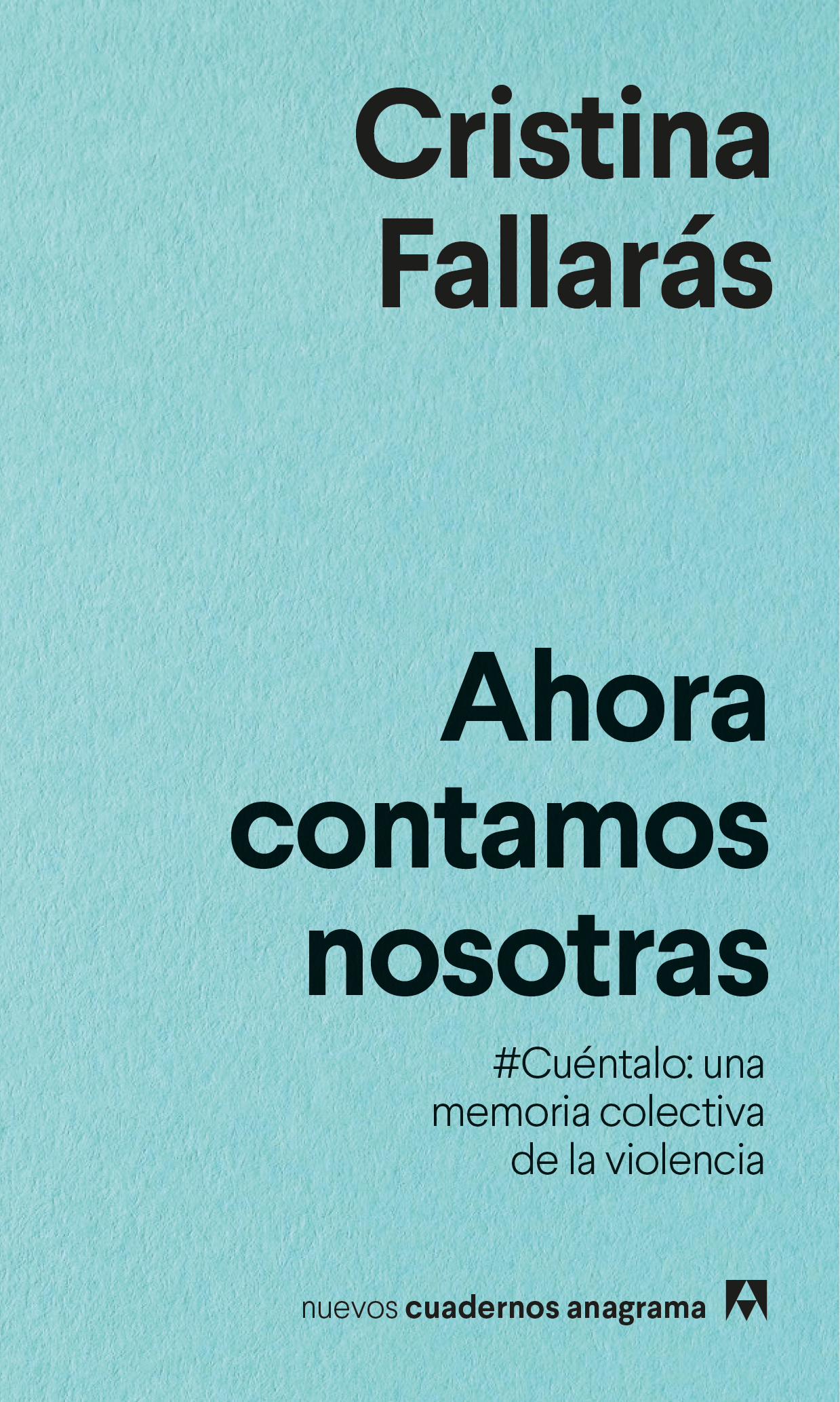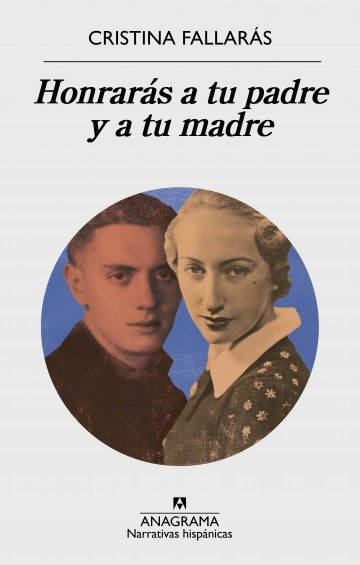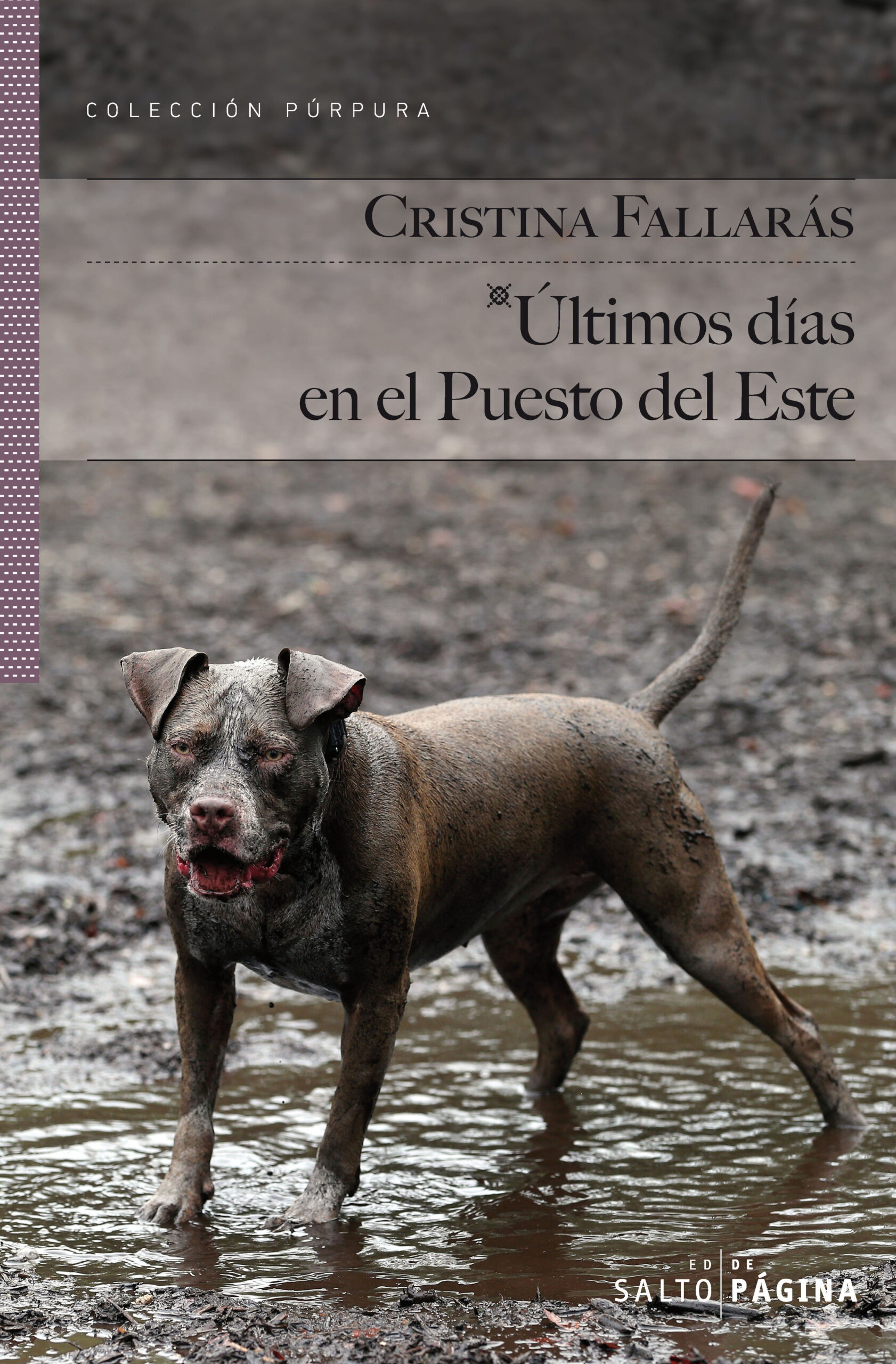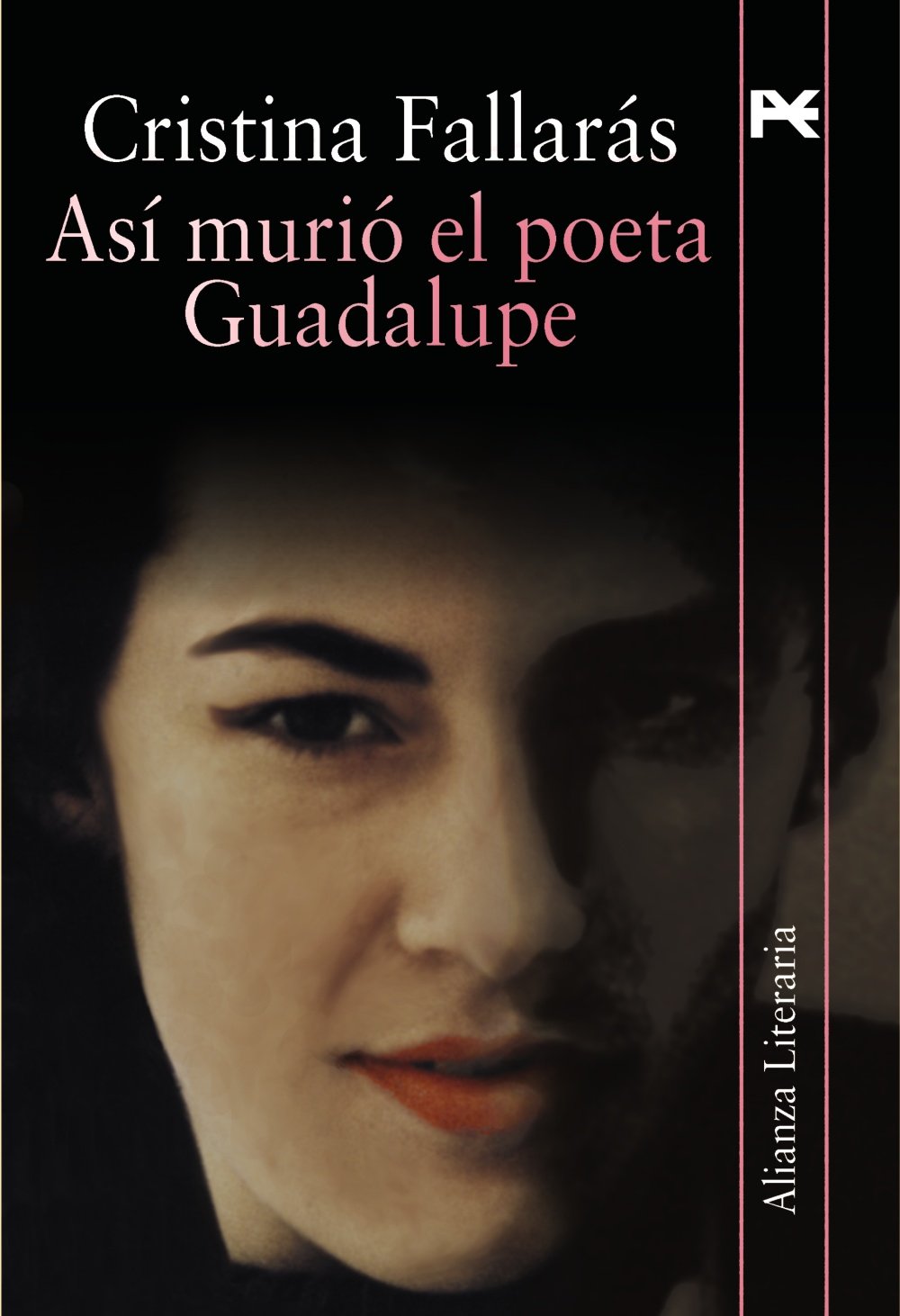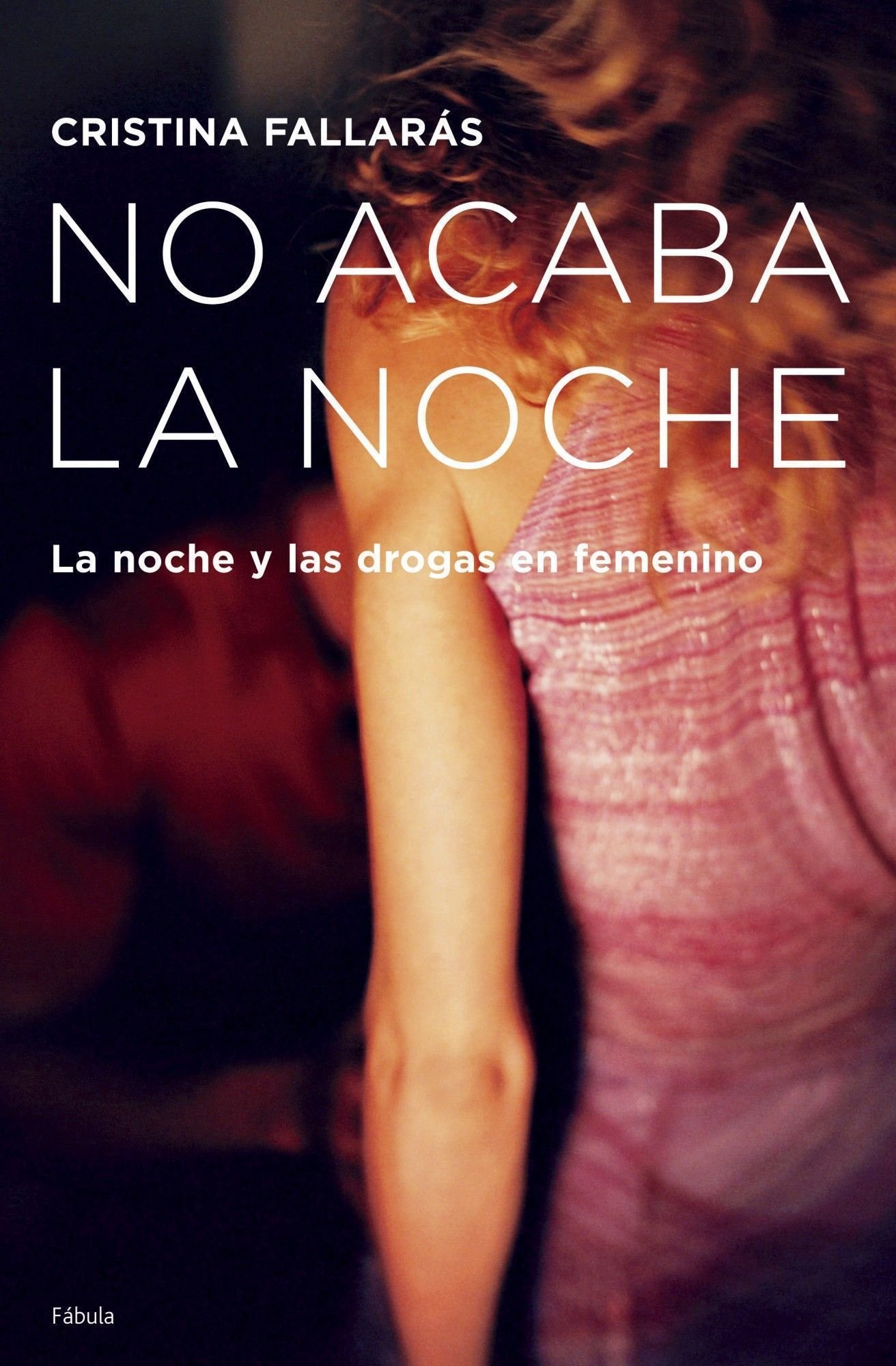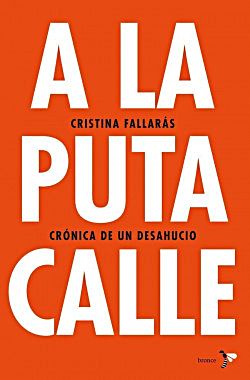
A la puta calle. Crónica de un desahucio
A first-person account of an eviction by the writer and journalist Cristina Fallarás.
Hers is the face of the new Spanish poor: professionals with families and long careers who suddenly find themselves out of a job and struggling to make ends meet.
Some cannot even find a way to keep a roof over their head. Fallarás talks about the process that saw her, like hundreds of thousands of other impoverished Spaniards, being laid-off due to the deep economic crisis and eventually served an eviction notice.
«Loneliness, rage, shame, change, adaptation […] are the backdrop to this rugged and genuine book.» El Periódico
«A daunting firsthand account of a tragedy. Told with a serene rage that raises questions about the moral legitimacy of our world.» Susana Martínez, Qué Leer
«Fallarás strips off to her very core, tearing her skin off in strips, her vital organs revealed for all to see. Not simply because she pulls no punches. A la puta calle is no mere book; it is an unmistakable call to arms that cuts to the quick; a heart-wrenching scream; a scream straight from the gut …» Carmen Moreno, Culturamas
«Fallarás writes this chronicle because she believes that the social drama of evictions has a ‘narrative problem’, or in other words: it lacks someone to give an account of the suffering of humans who are deprived of their home (…) The author takes a moral stand against the immorality of the banks rescued by the state that will not do the same for their customers.» Álvaro Colomer, La Vanguardia
